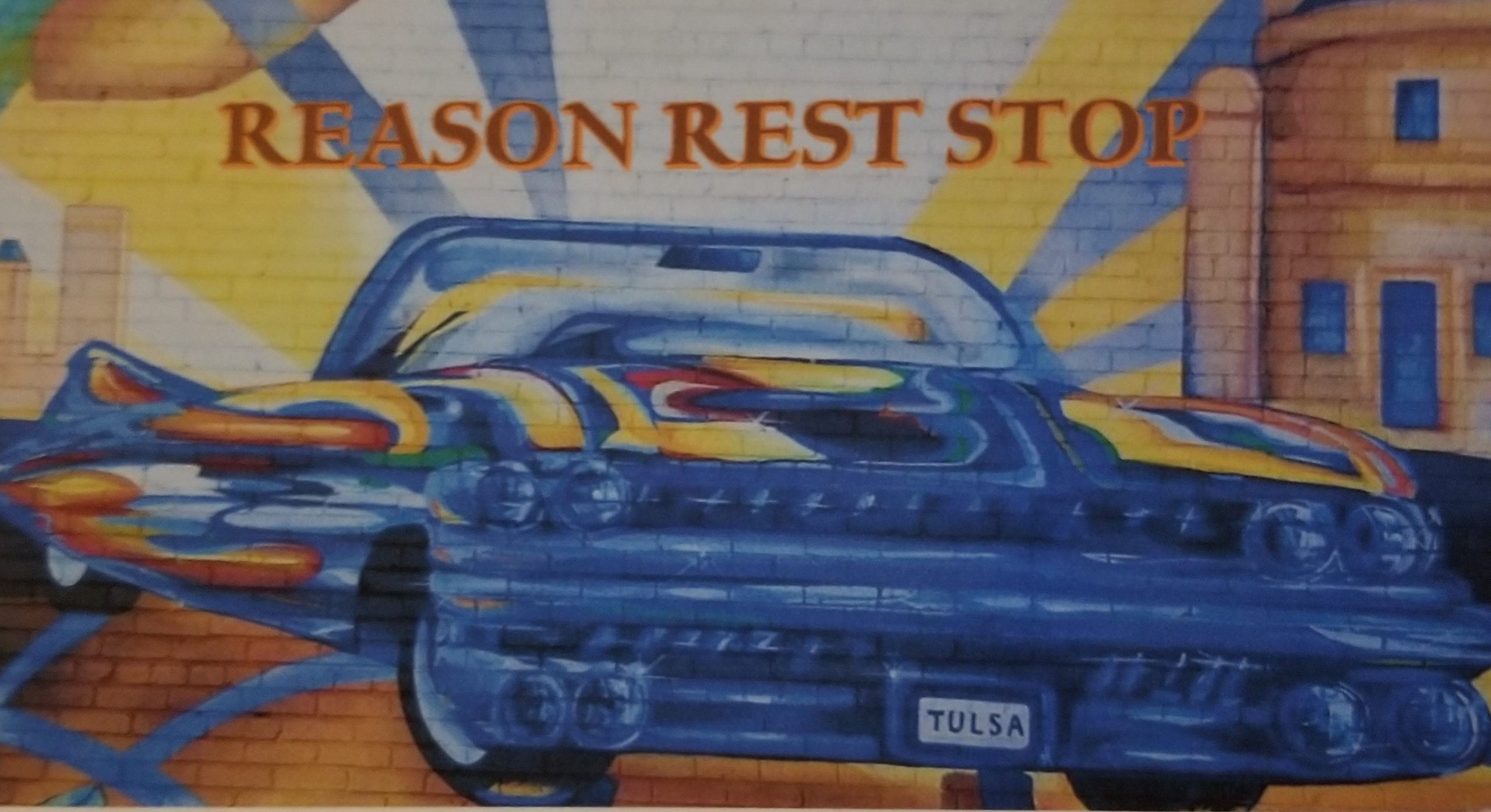How do we make America great again? We do things that will upset the order and control of corporate conformity, worry less about making all the money possible and return to simple original Yankee ideas that made America the place everyone wanted to be in the first place. Michael Moore’s entire premise is not a complicated one. His latest film, Where To Invade Next, begins with a day dream sequence of him being summoned to the Pentagon for a conference with the Joint Chiefs of Staff. Mr. Moore suggests they end their quandary of how to execute their next mission by sending him instead of the Marines to wherever. Michael then sets off to conquer and recapture from places he can mostly pronounce correctly ideas that, as it turns out, originated in America. Some of these ideas actually reminded me of the America of my youth. When compared side by side with the America of today, many do actually appear to be completely foreign.
I am not sure it is known by all that some of the harsh realities of being an American that are revealed in the course of the interviews with Italian and Portuguese working people make the U.S. look third rate. The Italians, who are as productive at what they do as anyone, were surprised that Americans have no vacation time guaranteed by law, federal or state. The Portuguese do not arrest people for using illicit drugs. Other things that came out included stuff like the Slovenians do not charge tuition for college, lunch at public elementary schools in France is an actual class and sexuality is taught as part of the French public school curriculum. Protesting for change in tuition policy was one of those original American ideas, prison sentences in Norway involve loss of liberty and not creature comforts as interpreted by our own Eight Amendment and women have demonstrated leadership that is far less reckless than that of men as evidenced by the stability of the Icelandic economy under the tenure of a woman president.
The one thing that impressed me the most about this latest work by Michael Moore was how the nation of Germany deals with its ugly history. The Germans confront the Holocaust daily. They are not loud about it either. They do not have to be. There are visual and other reminders, tangible and intangible, in every city and town of how the people of a certain age tolerated murder and genocide of a singled out religious group under a veneer of legality and blindly followed a fascist dictator that led their nation to complete destruction. As it turns out, five of Hitler’s worst ideas came from guess where. It made me mindful of how ugly American history truly is with the Native American genocide, slavery, worker abuse and many other factual things that get little air time if they are addressed at all in our struggling public schools, for-profit charter schools and institutions of higher learning. It would be refreshing to see this ugly history on display and for those learning it to be a little more cognizant that America has its very own original sin along side being that “shining city on the hill” as President Reagan so artfully articulated. I see our sins as being a little more glaring because they were tolerated under the guise of sham terms like “Manifest Destiny” and “Separate by Equal.” It was also nice to see some very good American ideas being utilized like the one by the Icelandic special prosecutor who hired the U.S. attorney that tried and convicted the Savings and Loan scandal criminals. Moore also discussed some more recent German history of how the people simply started hammering away at the Berlin Wall and finally just knocked it down. I took from that probably the loudest message from the entire film, that being the East Berlin model was ultimately a failure. It is my hope anyone listening to any Presidential candidate promising to build a wall on our border and making other people pay for it would take due notice.
Where To Invade Next is vintage Michael Moore and even though this film does not have the in-your-face bombast that some of his earlier work had, it delivers a very plain spoken and positive message: We make America great again by using old American ideas!
I rate this film five out of five stars.

